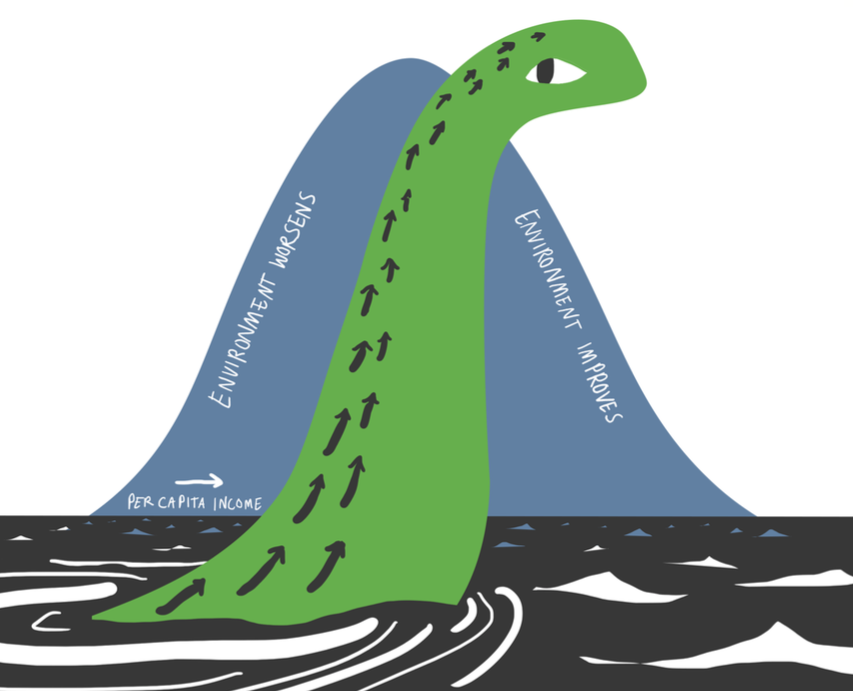By Jana Gebauer
The workshop "How to sell degrowth: Business models II" was a short paper session following the scientific paper session "How to sell degrowth: Business models I".
Gabriel Trettel Silva as the first presenter rose the question of whether or not profit-making is compatible with the principles of a steady-state economy. His own conclusion was that it is possible but not desirable. He rather addressed the need for redefining the concept of (economic) efficiency in a way that it includes positive externalities on society and nature - a requirement he actually finds met by social entrepreneurship organisations which he therefore calls "positive-externalizing machines".
Frederik Larsen presented an ethnographic study of values in second hand markets. He argued that an understanding of how values are created - or socially constructed - in this market can acutally contribute to a change towards greater sustainability in the cultural industries. To illustrate this, he gave an analyses of what he had learned and experienced during his field study with a U.S. based charity organisation that collects, evaluates and redistributes second hand (electronic) consumer goods. By doing so, the charity is giving a second life to otherwise discarded products while providing lower-price access to these goods as well as options for voluntary engagement and even decent jobs.
During this workshop I had the chance to present more results and preliminary conclusions of our research and communication project Postwachstumspioniere (Post-growth Pioneers) at the Institute for Ecological Economy Research. Building on the document analyses of our pilot study we conducted an online survey among 700 German, Austrian and Swiss small and medium-sized companies (SMEs) to gain an overview of growth orientations and performance indicators in relation to founding motives, firm attributes or competitive positions. We found that non-growth with regard to company size is not at all exotic but a generally observable 'phenomenon' among SMEs – it applies to a large proportion of SMEs as well as to a broad range of companies. While this actually ties in with results of other empirical studies directed at finding growth drivers and obstacles in order to make SMEs 'fit for growth', our reading of the results would be quite a different one: We even more so need to provide companies with a perspective to successfully deal with limits to growth and to position themselves anew for post-growth economies.
While we time-wise didn't manage to discuss overlapping aspects of our presentations, I would like to highlight an aspect posed by a participant from the audience and leave this to further discussions: When there are so many different smaller actors doing their bit already with regard to post-growth, couldn't (and shouldn't) we tackle the problems much more effectively and efficiently by concentrating on smashing the large corporations?
Comment on this article on the German blog "Postwachstum"
If making the degrowth case was like baking a cake, disproving the plausibility of green growth would be the equivalent of turning the oven on. Decoupling is only “a myth” or “a fantasy,” some would say, a notorious fallacy that requires as much attention as the confabulations of Flat Earthers. And yet, faith in decoupling is strengthening in environmental agendas all around the world, includin...
From our project “Degrowth in Movement(s)“ Commons are products and resources that are created, cared for and used in a shared way in a great variety of forms. The term has increasingly come into use again over the past decades – “again“ because commons as concept and praxis are ancient and exist worldwide. Today, the research on the shared use of natural resources is mainly connected to the n...

ASA is an educational programme that supports young and dedicated people to expand their skills and to contribute to sustainable global development based on respect for human rights and cultural differences since more than 50 years Currently, the programm is looking out for suitable projects for the 2015 ASA-cycle with particular focus on the areas of degrowth and/or urban gardening which ha...